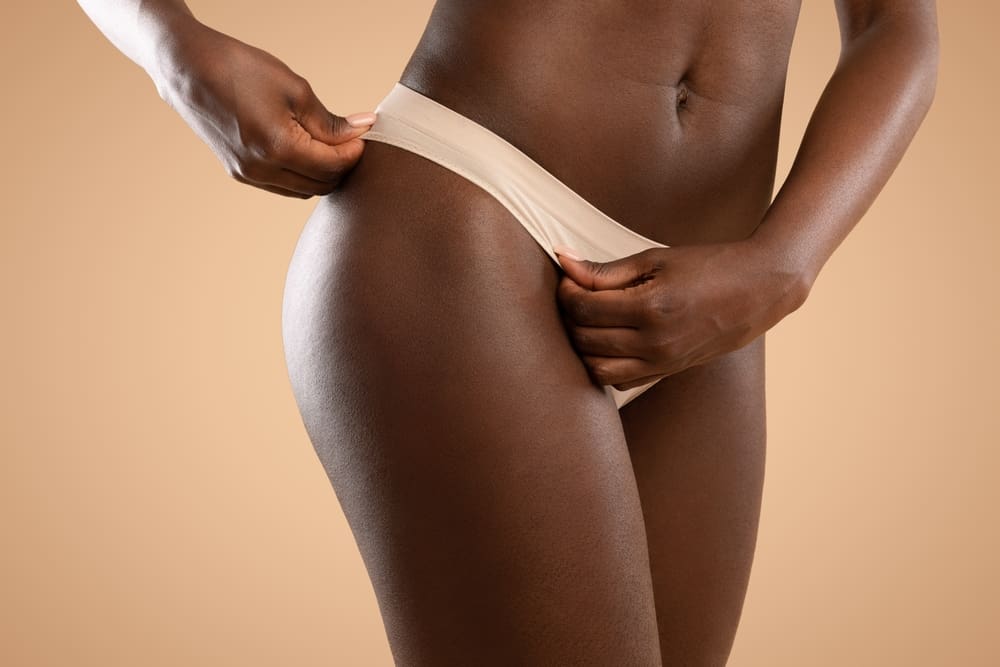Ingrown hair in private areas is not just a cosmetic concern; it’s a topic deserving careful consideration for its broader implications. Beyond the surface-level discomfort and irritation, the development of ingrown hairs can lead to serious health risks. The skin in private areas, being particularly sensitive, magnifies the impact of this common issue. Neglecting ingrown hairs may result in infections, causing painful boils or cysts and heightening the risk of bacterial complications. This article delves into why addressing ingrown hair is paramount for comfort and health, exploring preventive measures and treatment options, and seeking professional advice when necessary. Your well-being in private areas goes beyond aesthetics; it’s a fundamental aspect of comprehensive self-care.
Understanding Ingrown Hair
Ingrown hairs develop when a hair strand curls back or grows sideways into the skin, causing inflammation and sometimes infection. The sensitive skin in private areas magnifies these issues, making attention even more essential.
Health Risks
Neglecting ingrown hair in private areas can contribute to more severe problems. Infections may occur, leading to painful boils or cysts. The risk of bacterial infections also increases, posing potential health hazards that can disrupt your daily life.
Discomfort and Itching
Leaving ingrown hairs unattended can result in persistent discomfort and itching. This not only affects your physical well-being but can also considerably impact your emotional state and overall quality of life.
Preventing Ingrown Hair
Adopting preventive measures to maintain optimal comfort and health is essential. Regular exfoliation helps remove dead skin cells, reducing the likelihood of hair becoming trapped beneath the surface. Proper shaving techniques, including using a sharp, clean razor and shaving in the direction of hair growth, can significantly reduce the occurrence of ingrown hairs. Additionally, wearing breathable underwear made of natural fabrics can help prevent irritation.
Treatment Options
For existing ingrown hairs, gentle exfoliation using a soft brush or exfoliating scrub can help release trapped hairs. Warm compresses applied to the affected area can soothe inflammation and encourage the hair to surface. It’s crucial to avoid squeezing or picking at ingrown hairs, as this can lead to further irritation and potential infection. Refraining from tight clothing and resisting the urge to scratch the affected area is essential to prevent exacerbating the problem.
Hygiene Practices
Maintaining good hygiene is fundamental in addressing and preventing ingrown hairs. Clean the affected areas regularly, using mild, fragrance-free cleansers to avoid further irritation. Harsh chemicals found in some skincare products can exacerbate the problem, so it’s essential to choose gentle, skin-friendly options.
Seeking Professional Help
If ingrown hairs persist or lead to complications, seeking advice from a healthcare professional or dermatologist is advisable. They can provide personalized recommendations and, if necessary, prescribe medications or recommend procedures to address the issue effectively.
Conclusion
In the delicate realm of private areas, the significance of addressing ingrown hair goes beyond the surface, delving into both physical comfort and overall health. Neglecting ingrown hairs may lead to persistent discomfort and itching and potential health risks such as infections and painful cysts. By adopting preventive measures such as regular exfoliation, proper shaving techniques, and maintaining good hygiene, you empower yourself to sidestep the pitfalls of ingrown hairs.
In cases where ingrown hairs persist, seeking professional advice is a prudent step towards resolution. Dermatologists and healthcare professionals can offer personalized guidance, ensuring your approach aligns with your needs. Ultimately, the journey to optimal comfort and health in private areas begins with acknowledging the importance of addressing ingrown hair—an essential aspect of self-care that contributes to physical well-being and a more confident and contented you. Prioritize your health, embrace preventive measures, and take proactive steps to ensure that ingrown hairs don’t hinder your path to a comfortable and thriving lifestyle.












